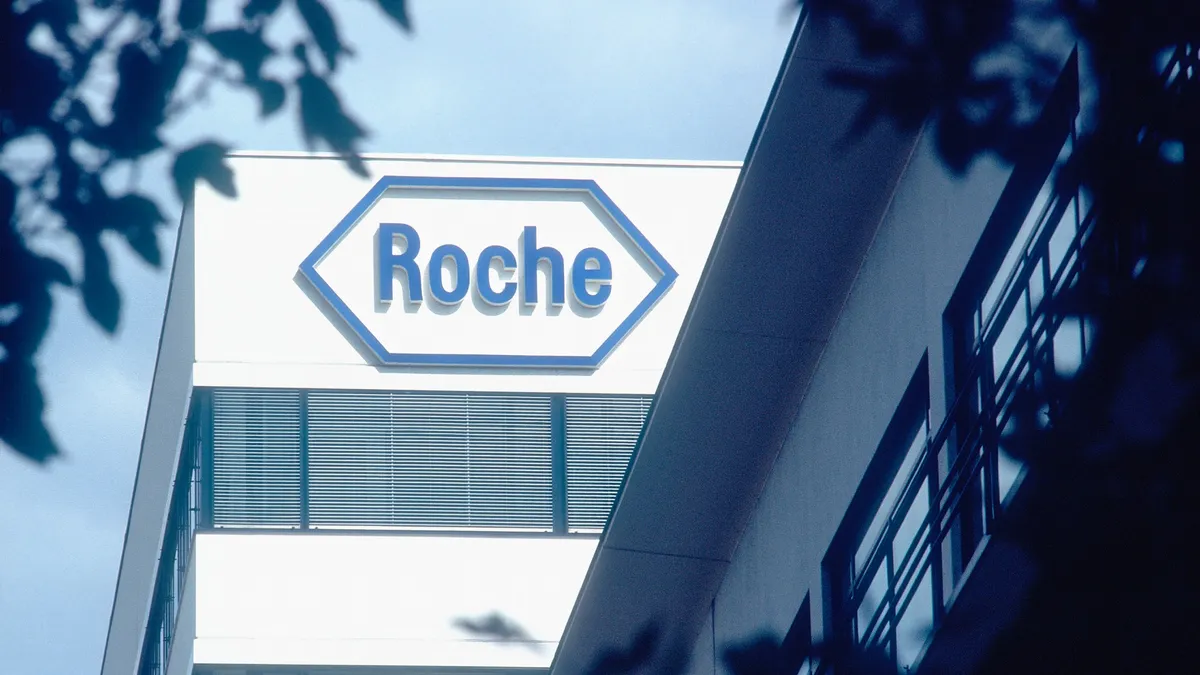Dive Brief:
- Fitch Solutions predicts the growth of the digital pathology market will accelerate as companies like Roche launch new products, analysts said in a recent report.
- Philips brought the first digital pathology product to market in the U.S. in 2017, enabling physicians to review and interpret digital slides prepared from biopsied tissue. But the company now faces a clutch of competitors aiming to enter the fast-growing segment of the in vitro diagnostic market.
- "Philips claims to lead the digital pathology market, benefiting from its first-to-market status in clinical decision making; however, Roche's heritage in the wider in vitro diagnostic market will make it a tough competitor when it does gain FDA approval," the analysts wrote.
Dive Insight:
Philips IntelliSite Pathology Solution (PIPS) has gained a foothold since coming to market via the De Novo pathway in 2017. LabCorp, for example, said last year it would initially adopt PIPS at at least four of its sites and is working to implement the technology at other in-house and third-party facilities, including the Mount Sinai Health System.
However, the competitive landscape is changing quickly. FDA cleared Leica Biosystems' Aperio AT2 DX system in May and others are closing in on regulatory filings. Notably, Roche is running trials to support a planned filing for FDA clearance of its Ventana DP 200 slide scanner, which is already on the market in Europe. Fitch analysts think Roche's investments in algorithms and software, plus diagnostic leadership, make it a threat to Philips.
The analysts expects the entry of new competitors to accelerate the growth of the market, suggesting that Philips may be able to continue to increase its sales even if some potential customers choose to buy Roche's rival offering.
Fitch did not estimate the size of the market, choosing instead to discuss underlying trends. The analysts expect artificial intelligence to play an increasingly important role in digital pathology, noting Microsoft's collaboration with SRL Diagnostics as an example of the belief AI could reduce errors and accelerate throughput at histopathology laboratories.
Proscia has similar aspirations for DermAI, a module on its Concentriq platform that pre-screens and classifies skin biopsies. Proscia plans to seek FDA clearance to use the module in clinical diagnosis.











